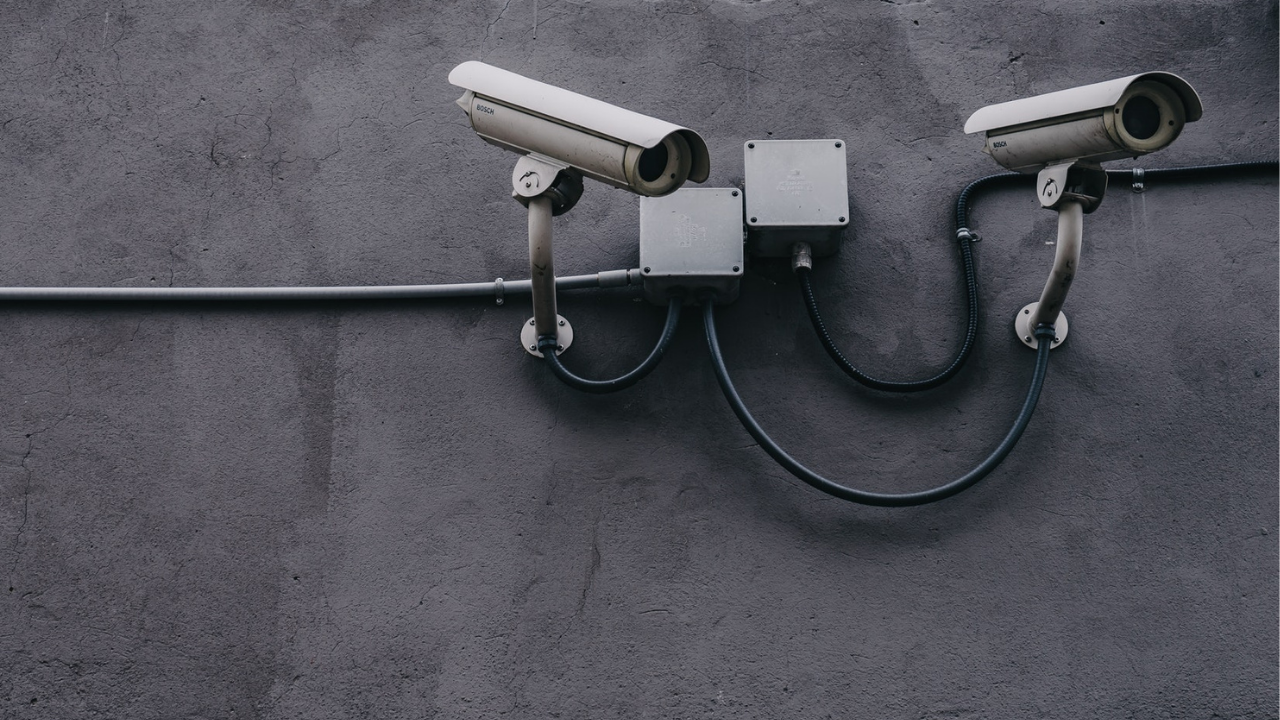Digital surveillance has become an unfortunate outcome of the recent mass transition to remote working positions.
Many remote workers have been required to download spying software so companies can monitor what their employees are doing all day.
Tools like Hubstaff, which tracks mouse movements, keyboard strokes and webpage visits, are used in an effort to maintain productivity while working remotely.
Despite these invasive practices not being illegal, the continuous spying is causing employees to feel constantly stressed, which leads to burnout.
A survey from Fishbowl found that three-quarters of employees were opposed to using an app or other product to trace their communication with colleagues. However, many expressed fear of discipline if they speak out against these policies.
With remote working arrangements seemingly here to stay for the foreseeable future, companies need to reevaluate their priorities when managing a distributed workforce.
This includes ensuring that workers have the proper training to use remote resources, proper connectivity to get work done efficiently and the home office supplies to help them manage their daily tasks.
Measuring success through keystrokes ends up being counterproductive, but business leaders can come out stronger than ever before with the right tools needed for employee engagement. That is why advocates for workers’ rights need to support stronger legal data protections.















